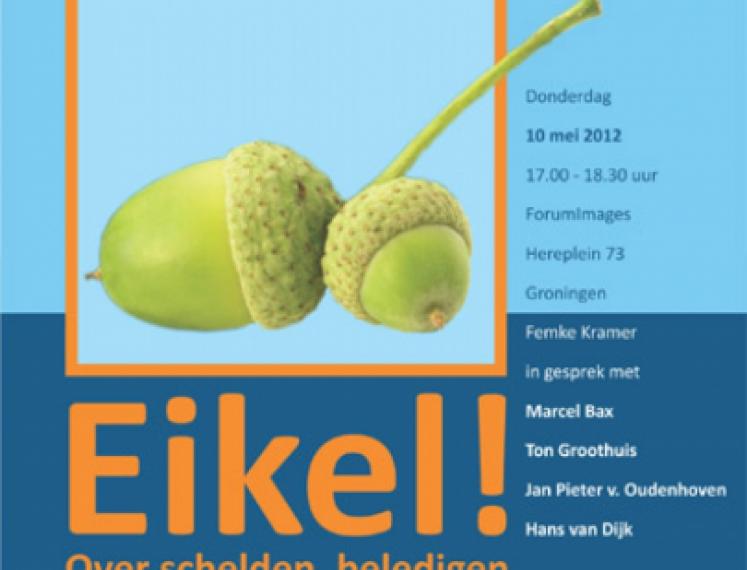A Plea for the Improbable
Extremely improbable events, like being struck by lightning, are typically disregarded or not taken seriously, because their probabilities are so low. However, one could argue that probability is not about odds, but about the belief in an existence of an alternative outcome. The chance of winning the lottery for example is extremely improbable. Nevertheless, people still buy tickets with the notion that it is a relatively small price to pay for considering the amount you can win. Does this logic work or are we fooling ourselves? There are situations in which statistics and economics can be useful to predict a possible outcome, but is that all there is to it? Improbable events may play a crucial role in the approach to science, in our philosophizing and other theorizing, and even in our practical decisions. Alan Hajek will argue how the improbable may provide a response to the prospect of global warming. How improbability is related to the belief in God and how the improbable can give a new argument for vegetarianism.
Alan Hájek is Professor of Philosophy at the Research School of the Social Sciences, Australian National University. Initially trained in mathematics and statistics, he now focuses on the philosophical foundations of probability and decision theory, epistemology, the philosophy of science, metaphysics, and the philosophy of religion. He is a Fellow of the Australian Academy of the Humanities and is currently the President of the Australasian Association of Philosophy.


